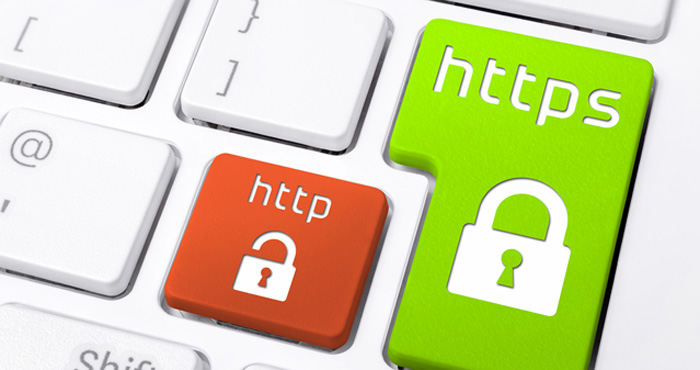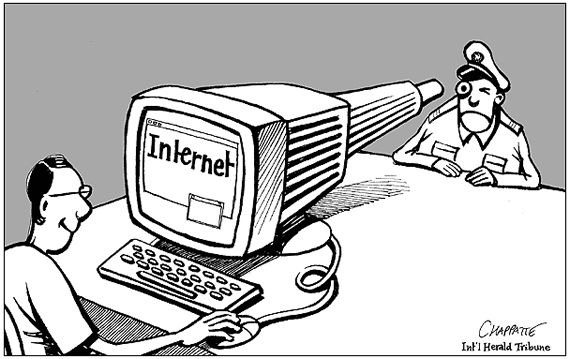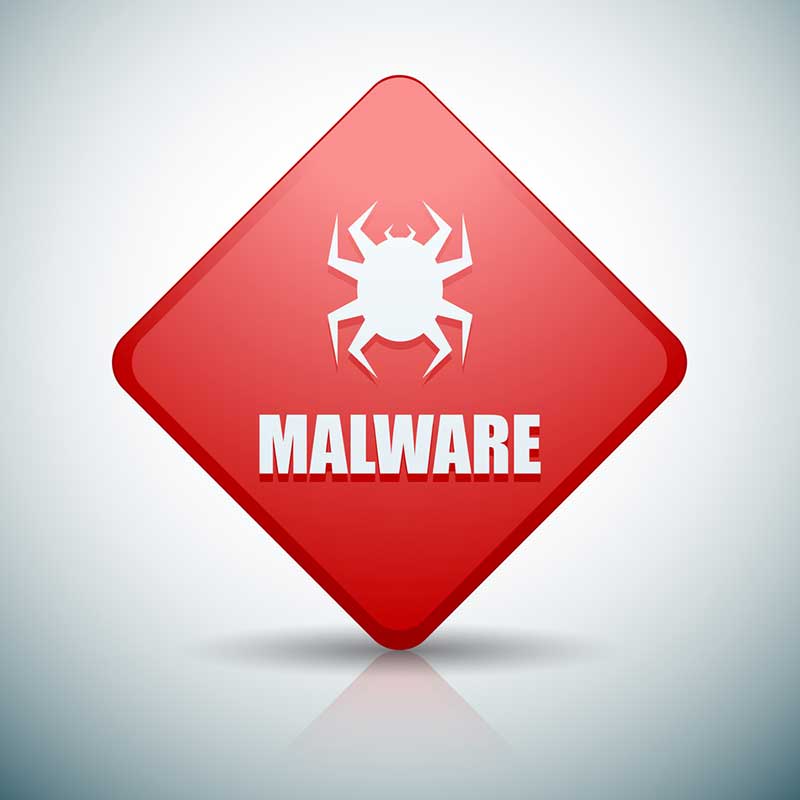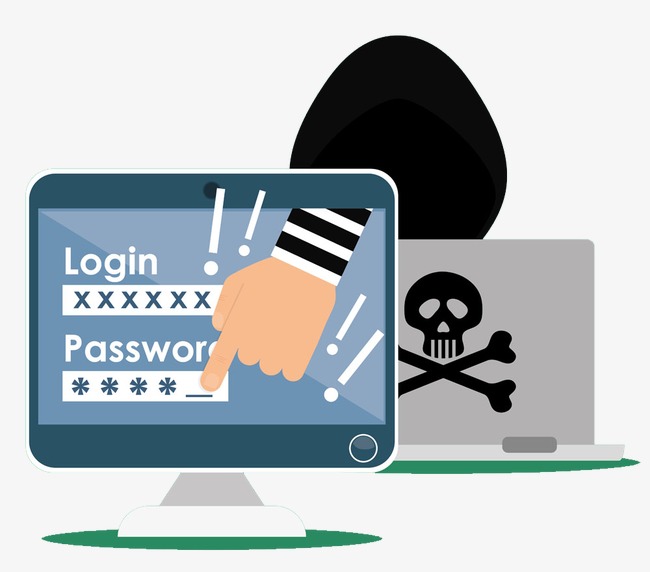
Overview
- If geographic boundaries prevent you from accessing a website, then you probably used a proxy server to break this barrier. Although proxy servers are very useful in handling such problems, the level of security of free proxy servers is something that users are more interested in.
- Let’s explore some of the reasons why you should ignore free proxy servers through the following article!
Most free proxy servers do not use HTTPS
- Most free proxy servers today do not use HTTPS. It is a huge security issue and is something that people should pay attention to when using a free proxy server.
- The lack of HTTPS means that the user’s connection to the server is not encrypted. Someone watching the connection can easily see the data that the user is sending over the network. In terms of privacy, this makes proxy services lose points in the eyes of users.

Your connection may be monitored
- It is hypothesized that the reason free proxy sites do not like to use HTTPS is because they want to monitor users. This is not a distant hypothesis, because in the past, hackers have set up proxy servers for this reason.
- When using a free proxy site, users simply believe that the owners of these sites will not use them to gather sensitive information. There is no way to know what proxy server owners have installed on their hardware to track users and it is better not to risk it, right?

Proxy server may contain malicious software
- Proxy servers are not entirely “resistant” to viruses and malware. By relying on connecting to a proxy server, users can expect that the proxy server will not abuse the connection to infect viruses or malware to the PC.
- Worse, a free proxy server owner can put ads in display content, hoping that users will click on them and help pay for the server.
- Unfortunately, some people use advertising as a means to spread malware and “hunt” for loose advertising test sites to display these ads.
- If the proxy server owner doesn’t pay much attention to the ads on their site, ads containing malware may be displayed to the user. These owners will not know what is happening until the user’s computer is infected with malware!

Free proxy server can steal cookies
- When logging into the server, the computer will create a small file called a cookie. Cookies store user login data, so users do not need to log in every time they visit the site. This is often a very useful feature, but when a proxy server is located between the user and the website, it is likely that the owner of the server will steal cookies when they are created.
- When the owner of the proxy server has a login cookie from a user’s browsing session, they can use them to impersonate online. The extent of this damage depends on the website visited on the proxy server. If you access very sensitive websites, users can get in trouble!

Poor service
- It is not worth putting privacy on the risk and betting on a free proxy server! Free proxies found on the internet are often slow, due to lack of funding and because many others are using them.
Thanks Jonny. Most of the footage is ARRI and we discovered the LUT was adding some weight to the project, but it only went down 6MB after we removed it. I did a test bringing in just the RAW footage and after attaching the proxies it doubled in size. This is a feature documentary and we have a lot of footage and a very tight schedule, so I’m worried the proxy workflow might slow us down in the future and I have started a new project just with the proxies. I would love not to loose the ability to connect to the raw footage, but thinking my project might slow me down after we start the edit worries me. The project with just the proxy files is only 6MB, while the project with the RAW media attached to proxies is 26MB. I know that 26MB might not be that big of a deal, but that is before creating any sequences.
I am reading a blog on this website for the first time and I would like to tell you that the quality of the article is up to the mark it is very well written.